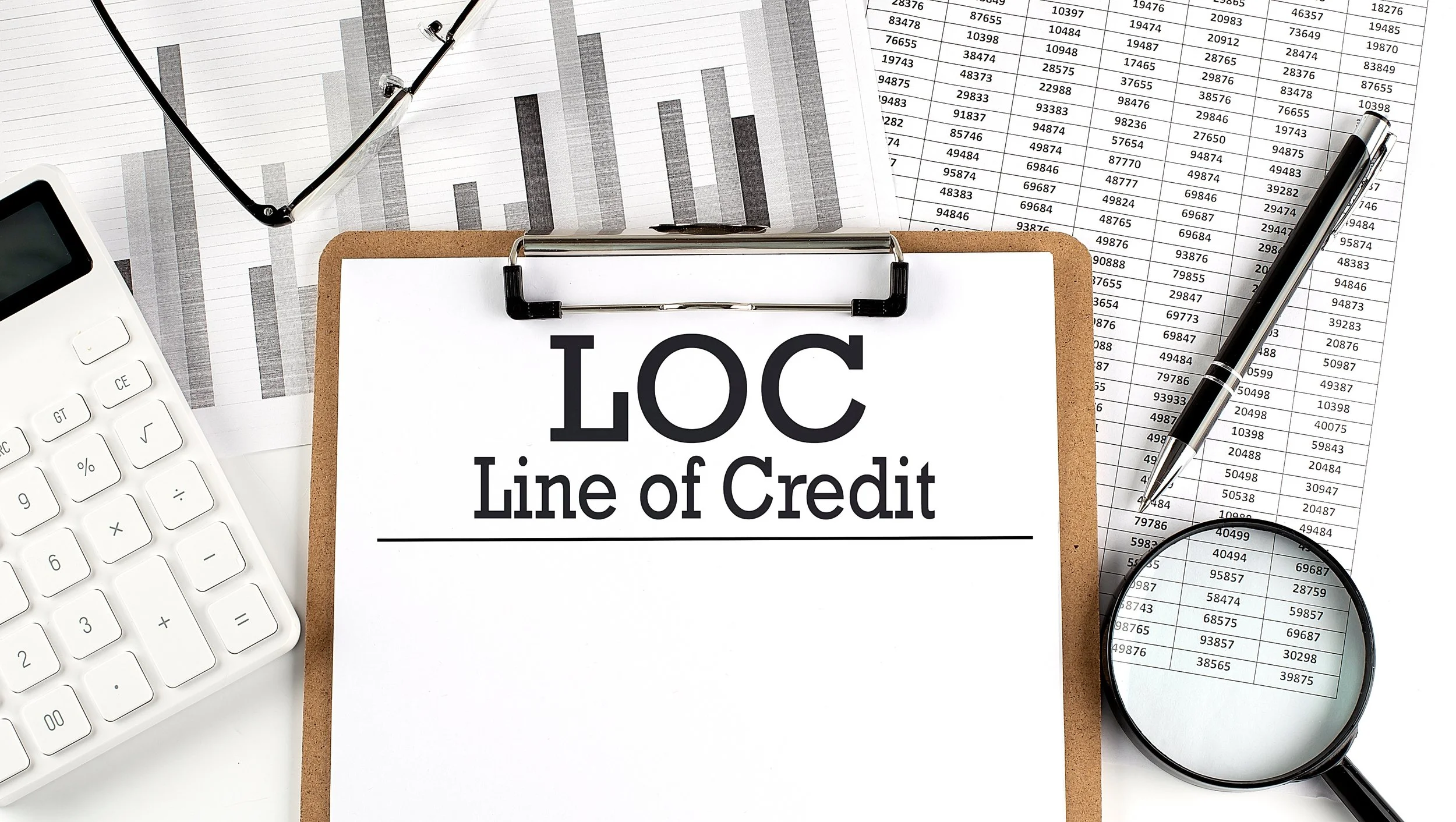The Dangers of Debt, Part 2: The Spiritual Dangers of Debt
Adapted from Master Your Money by Ron Blue.
Two spiritual dangers of borrowing money exist.
First, borrowing always presumes upon the future, and second, borrowing may deny God an opportunity to work.
The Bible definitely warns us about presuming upon the future.
In James 4:16, presuming upon the future is called “arrogance.” In Luke 14:28 (NKJV), Jesus said:
“For which of you, intending to build a tower, does not sit down first and count the cost, whether he has enough to finish it?”
Whenever any money is borrowed for any purpose, there is a presumption of repayment. In fact, from the lender's viewpoint, it is not only a presumption, it is a certainty.
A friend and I were discussing the biblical admonition against presuming upon the future and the requirement that whenever a Christian borrows money, it must be paid back. Psalm 37:21 says in part, “The wicked borrows and does not repay.” We concluded that many Christians in America might be counting on the rapture to get them out of debt. He said to me, “Wouldn't it be something if, when Jesus came back to rapture the church, He left all the Christians who had debt of any kind here on earth to repay it rather than taking them to heaven?” Both of us became quiet, and then he said jokingly, “You know, maybe the rapture has already occurred!”
An important biblical financial principle flows out of that truth: Whenever you borrow money for any reason, there must be a guaranteed way to pay it back.
Not a “hoped-for” way, such as an increase in income, nor even the continuation of income, but there must be a guaranteed way, regardless of the circumstances. If this principle were followed, there would be almost no risk to debt. Not to have a guaranteed way to repay is always to presume upon the future.
The second spiritual danger of debt is that it may deny God an opportunity to work.
Over the years, I have started several businesses of my own and have had the privilege of counseling many hundreds of others who have been in the initial stages of starting their own businesses. One of the things that is fairly standard in starting a business is to secure from a bank a line of credit or some terms of financing, so there is always cash available to meet the unexpected needs of a new business. Therefore, when I started a financial planning business in the fall of 1979, I went to the bank and arranged for a line of credit.
In the following weeks, as I prayed through the many issues regarding the starting of this business, I felt less and less comfortable with having borrowed to start this business, even though it made “good sense.” Eventually, I felt so strongly convicted about the need not to have debt that I called the bank and canceled my line of credit. From the world’s perspective, this was an extremely risky thing to do, as I had a totally unproven business, no clients, and very little financial resources personally.
Approximately one week after I canceled the line of credit, I was visiting in the training department of a major international corporation headquartered in Atlanta. During the conversation with one of the training directors, he asked me if I had any interest in developing a financial planning seminar for his organization. Of course, I said, “Yes.” He then asked me how much I would charge them to develop such a seminar. I had no idea what large corporations paid for such work, so I said in my best super tough negotiator voice, “What would you pay?”
He thought for a moment before saying they would pay me $6,000 to develop the seminar and another $4,000 if I would teach it four times during the next year—a total of $10,000. "Coincidentally," the line of credit I had arranged at the bank was for $10,000. Of course, I replied that $10,000 for that work sounded "very fair." He also asked me if they could go ahead and pay me the $6,000 immediately in order to get it into the current year's budget. With no hesitation, I gave him my address.
Orchard Alliance President Scott Kubie (L) interviewing Ron Blue at Alliance Council 2025
I am convinced that had I not canceled the line of credit with the bank and depended solely on God to provide the resources, I never would have received the contract to design the seminar. I am convinced that had I borrowed the money, the training director would never have made the offer he did, because to this day I can take no credit for having pursued the money. God provided it in an unusual, undeniable, and supernatural fashion! My faith and trust were increased, and I got to see God work in my life. I would have missed all of this if I had taken that line of credit.
In many cases, when we borrow the money to fund one item, be it for the purpose of a new car, a television, a new home, a vacation, or whatever, we are putting the lender in the place of God. Who needs God to provide for us if someone will lend to us? I heard Jimmy Seibert of Antioch Community Church aptly say that everyone wants to experience a miracle, but none of us want to be in a position to need one. I can certainly relate to that!
We seem to be very unwilling to wait for God's timing and for God's method to meet our needs and our desires. We prefer to have it done in our timing. Yet Isaiah 55:8-9 says, “For my thoughts are not your thoughts, neither are your ways my ways, declares the Lord. ‘As the heavens are higher than the earth, so are my ways higher than your ways and my thoughts than your thoughts.” Invariably, God's method of meeting my needs and desires is different from my method. The question that we need to ask ourselves is, does God provide for what I want by providing borrowed funds, or is this me meeting my needs and desires in my own way and timing?
Faith & Finance Perspective
Here are two sage observations from our friends at the Christian Stewardship Network that tie a nice bow on Ron Blue’s lessons on the spiritual dangers of debt:
1. Debt presumes on the future.
James 4:13-15 warns us not to make plans to prosper while ignoring God's will and purpose. Instead, we should embrace the mindset, “If the Lord wills, we will live and do this or that.” Pursuing our will is too often the reason debt is created. We seek to be increased with goods instead of increasing our faith and dependence on God.
James takes it one step further. Since we do not know what the future brings, he tells us that acting in ways that presume on the future is boastful, arrogant, and evil. A majority of borrowing today presumes on the future. It's making a pledge or guarantee to repay without having a sure way of doing so. The Bible refers to this as surety and strongly warns us against engaging in such acts (Proverbs 6:1-5; Proverbs 11:15; Proverbs 17:18).
2. Debt denies God the opportunity to provide what we "really" need.
God knows what you need, and he's promised to provide. The problem is that we chose to define our needs by our standards, rejecting God's provision as not being enough. We then do whatever it takes to get what we want, even if it involves borrowing. We fail to realize that sometimes God's way of providing what we need the most is to deny us what we want the most.
“Owe no one anything, except to love each other, for the one who loves another has fulfilled the law.”
- Romans 13:8



